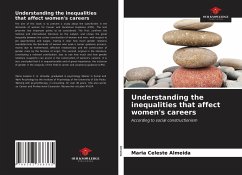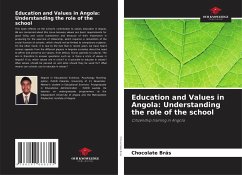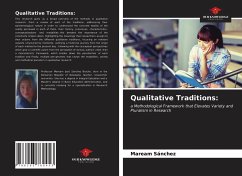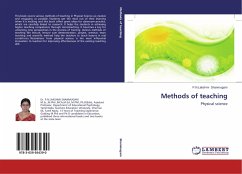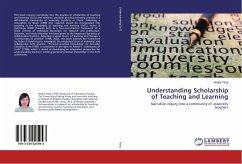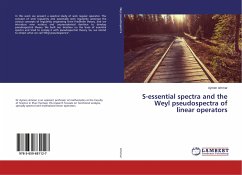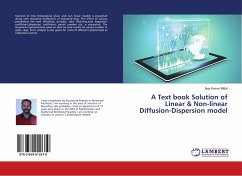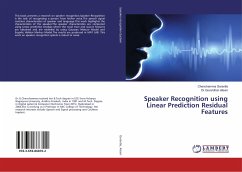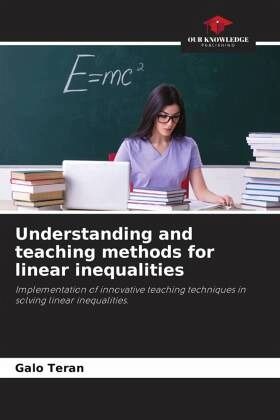
Understanding and teaching methods for linear inequalities
Implementation of innovative teaching techniques in solving linear inequalities.
Versandkostenfrei!
Versandfertig in 6-10 Tagen
29,99 €
inkl. MwSt.

PAYBACK Punkte
15 °P sammeln!
The special needs of students is important in Ecuadorian higher education. The revision of the fundamental concepts of mathematics related to these needs, due to the difficulties that arise in engineering courses, should be a priority for the teachers of that branch, since it is an important axis of the curriculum. The main weaknesses that are evidenced in students with basic training in the area of factual sciences have to do precisely with fundamental content units, which deserve important attention and revision. For this reason, the preparation of teachers and the location of alternative me...
The special needs of students is important in Ecuadorian higher education. The revision of the fundamental concepts of mathematics related to these needs, due to the difficulties that arise in engineering courses, should be a priority for the teachers of that branch, since it is an important axis of the curriculum. The main weaknesses that are evidenced in students with basic training in the area of factual sciences have to do precisely with fundamental content units, which deserve important attention and revision. For this reason, the preparation of teachers and the location of alternative means and resources that allow teaching students with better criteria for the consolidation of knowledge, important for the development of their professions, are elementary.This book highlights various experiences that have been had with students and teachers in the training process of young people who are studying engineering in the various houses of study and especially in the Technical University of Cotopaxi, Latacunga canton, province of Cotopaxi, Ecuador.



